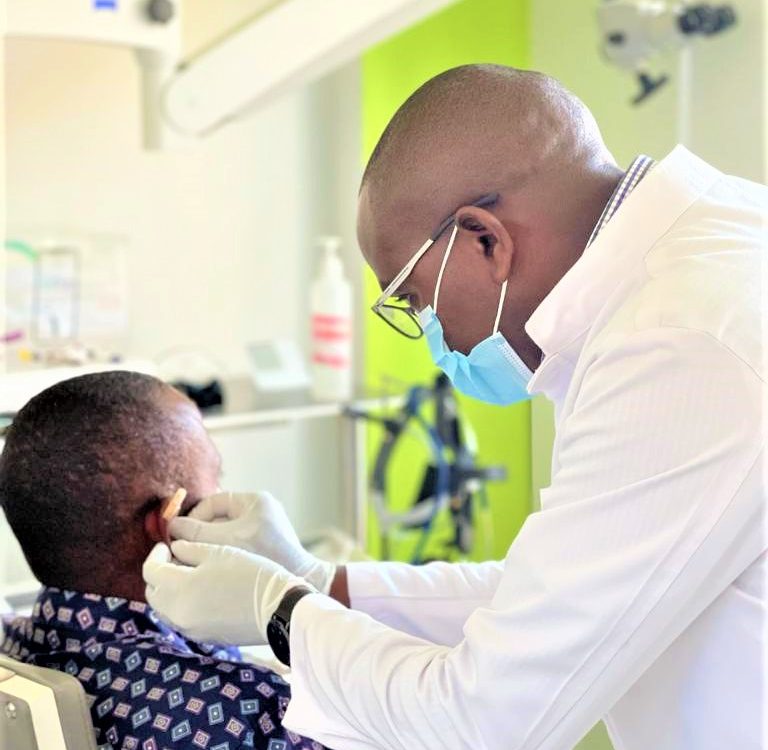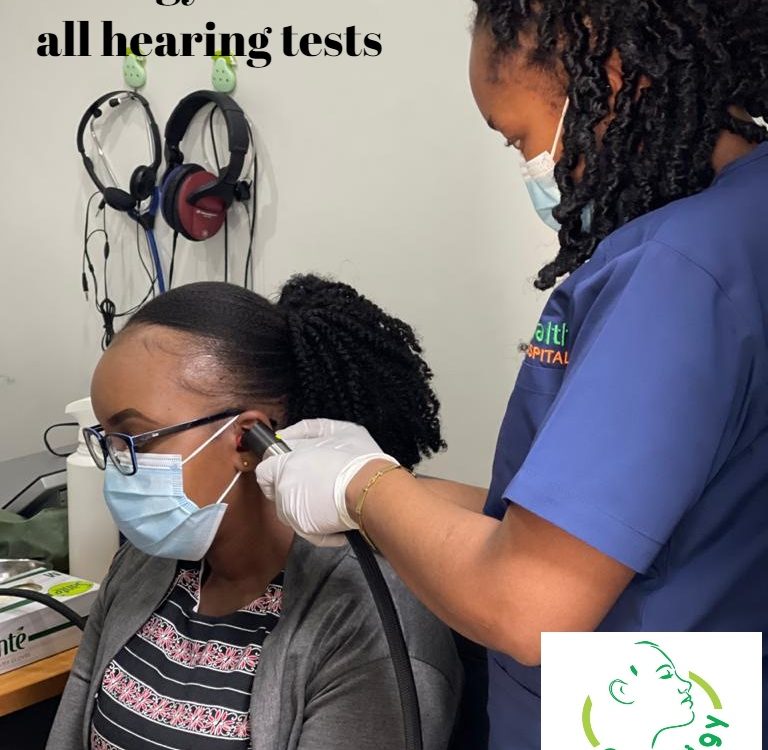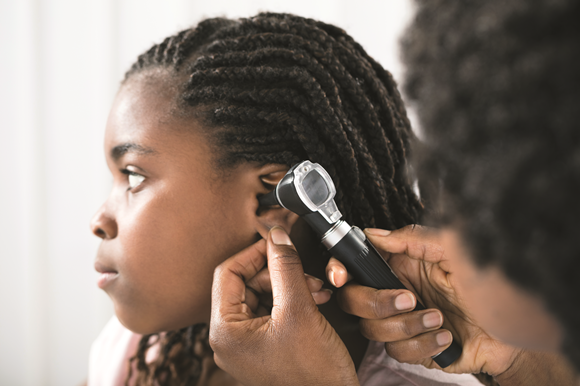What Causes Allergic Reaction in Children?
Has your child been experiencing certain allergic reactions since birth? In this article we explore the causes of allergies in children and the treatment for them and how our ENT specialist at Prodigy ENT and Hearing Clinic will help manage and treat allergies in your child.
An allergic reaction is a hypersensitivity reaction to certain substances found in the environment referred to as allergens. Although hundreds of ordinary substances/allergens could trigger allergic reactions, the most common triggers include the following: Tree, grass and weed pollens, Natural rubber latex (protein), Molds, Dust mites, Animal protein (dander, urine, oil from skin), Certain Foods, Medicines, Feathers, Insect stings and Cockroach droppings.
Once the child comes into contact with an allergen, their immune system becomes sensitized to it, and subsequent contact leads to a stronger immune response. This immune response can occur in various parts of the body such as the skin, eyes, lining of the stomach, nose, sinuses, throat and lungs. The different conditions associated with an allergic response include
- Allergic rhinitis - characterized by nasal stuffiness, sneezing, nasal itching, nasal discharge, itching in ears or roof of mouth.
- Allergic conjunctivitis - characterized by red, itchy, watery eyes
- Atopic dermatitis or eczema - characterized by red, itchy, dry skin
- Asthma- characterized by cough wheezing and chest tightness.
Children with allergies may develop one or more of these conditions. The conditions typically present in a sequential manner referred to as the allergic match. The children may develop eczema first when younger than 1 year and subsequently develop allergic rhinitis at 2-9 years and later develop asthma from 9 years onwards. Prodigy ENT and Hearing Clinic ENT specialists will help you manage allergic rhinitis in your child. A child with poorly controlled allergic rhinitis has a poor quality of life. They may have nasal blockage and have to breathe through their mouth. The itchiness of the nose ears and back of the mouth is also very uncomfortable. They would also have poor sleep and may be tired and sleepy during the day. Proper management of allergic rhinitis leads to improvement in all of the symptoms. Well managed allergic rhinitis has also been shown to slow down the development of asthma and leads to better control of asthma in children who already have it.
To treat these allergic reactions in your child, you would need to visit us at our KMA Center office, located on third floor, and our Prodigy ENT specialists may choose to either do a;
- Skin test. The skin test is a method of measuring the child's level of IgE antibodies to specific allergens.. Skin tests provide faster results, typically taking 15 minutes, and are more specific than blood tests.
- Blood test. The blood test is used to measure the child's level of IgE antibodies to specific allergens.
- Challenge test. This is a test supervised by an allergist because a very small amount of allergen is taken by mouth or inhaled.
Visit us today, at KMA Center and let us help you take care of your child’s senses.



